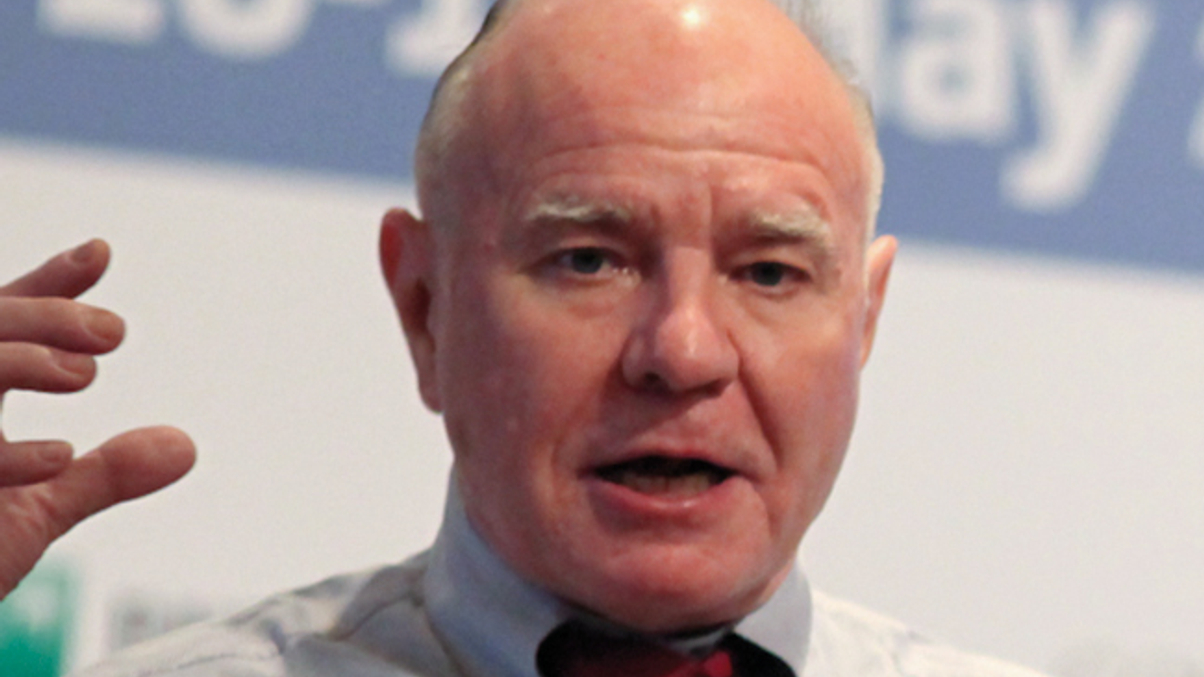Dr Doom contrasts Asia to gloom of Western world
The US will remain in the economic doldrums, but Asia’s prospects are looking up, says contrarian investor Marc Faber.

Ongoing market volatility and a US economic downturn are on the cards, predicts contrarian investor Marc Faber, but the prospects in Asia are looking bright.
Sign in to read on!
Registered users get 2 free articles in 30 days.
Subscribers have full unlimited access to AsianInvestor
Not signed up? New users get 2 free articles per month, plus a 7-day unlimited free trial.
¬ Haymarket Media Limited. All rights reserved.


